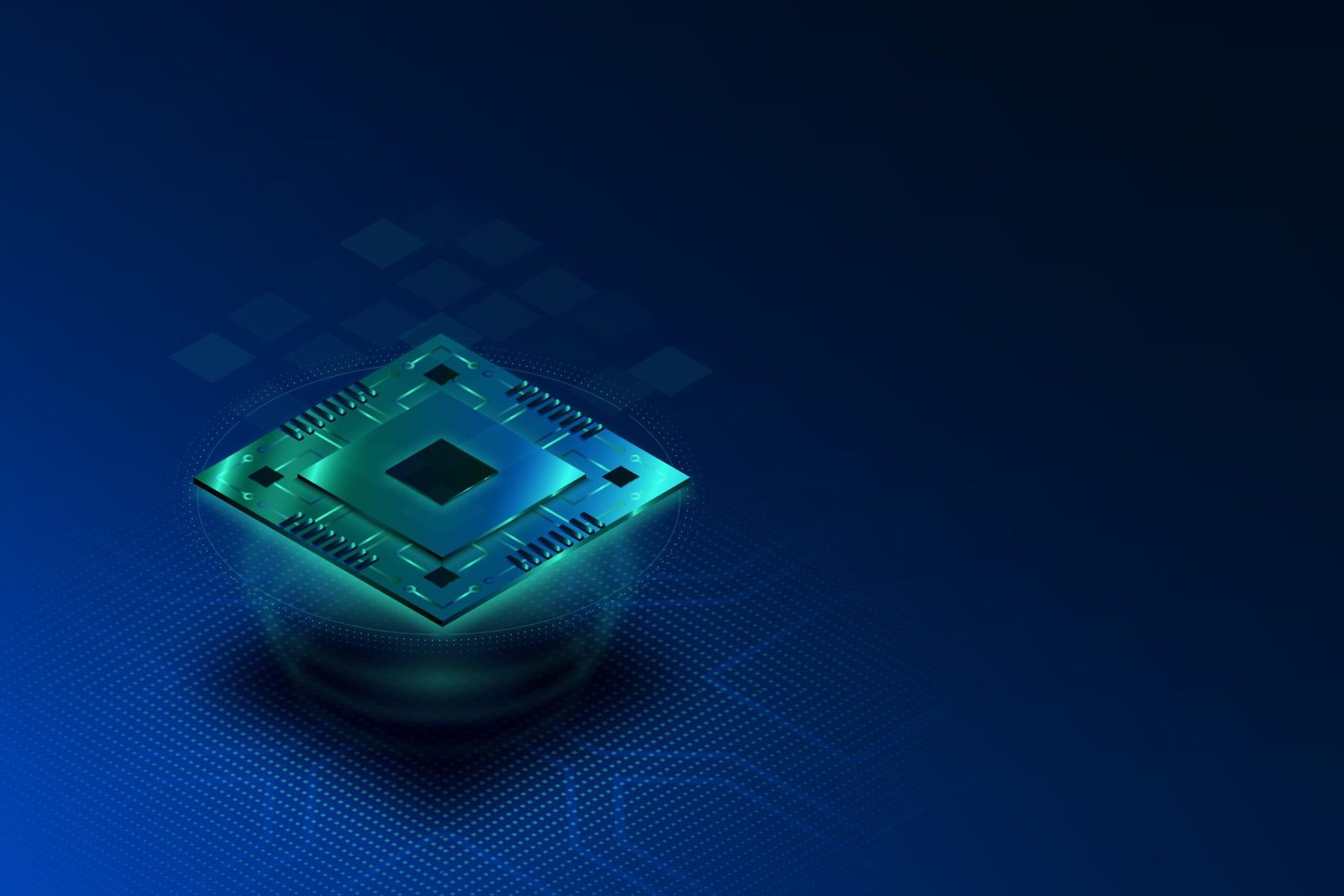Introduction
Artificial intelligence no longer stands as science fiction nestled safely in futurist thinking. Today, it rests on the edge of technological progress leading innovation across a wide range of industries. Core tech innovations in AI have changed everything from healthcare and finance to entertainment and education. The article will focus on The most recent evolution of AI is bringing about new applications in the real world. These applications come with challenges. We can expect more advancements and developments in AI in the future.
What is Core Tech?
The basic technologies referred to as core tech serve as the foundation for innovations and progress in various fields. Artificial Intelligence core tech is related to important algorithms, platforms and natural systems to ensure the proper functioning associated with AI applications. Machine learning frameworks, natural language processing engines, computer vision systems and data analytics tools form this. The use of core technologies paves the way toward developing sophisticated AI solutions that can easily handle complex problems bring efficiency and drive business growth. Grasping the foundational elements is very important to keep pace with a rapidly evolving AI landscape and its innumerable applications.
Latest Advancements in AI
Machine Learning
Machine learning has come a long way thanks to improvements in algorithms along with computational power and data availability. From some of the naive stock price prediction models to very complex systems such as self-driving cars, machine learning is one of the leading enablers of AI today.
Natural Language Processing (NLP)
NLP (Natural Language Processing) is the broad field enabling machines to understand, interpret, and generate human language. GPT-3 models are broadening the scope of NLP in areas such as automated customer service, text summarization and sentiment analysis.
Computer Vision
Computer Vision makes machines understand visual information and enables decision making from it. The innovations here not only boost facial recognition but are also immensely done in medical imaging and real time video analysis for security and surveillance.
Real World Applications
Healthcare
AI is revolutionizing the way health care is done today. Now allowing predictive analytics, personalized medicine and next generation diagnostics. AI algorithms trained on medical images could detect diseases at early stages greatly improving patient outcomes.
Finance
In the financial sector, AI makes itself useful in fraud detection, risk management and automated trading. Algorithms can process vast amounts of financial data in real time, enabling quicker and more accurate decision making.
Retail
In retail, AI achieves inventory management, customer behavior analysis and very highly personalized marketing. Chatbots and virtual assistants also improve customer service with instant service and recommendations.
Manufacturing
Supply chains are optimized equipment failure is predicted and manufacturing quality control is improved. With AI powered robotics complex tasks can be executed with a high degree of accuracy to increase efficiency and reduce costs.

Ethical Considerations and Challenges
While AI is a boon so full of positive effects it also comes with massive challenges and ethical dilemmas.
Data Privacy
Individuals privacy is at risk as extensive data will be collected by AI. The anonymity of data and its secure storage is essential to maintain consumer trust.
Bias and Fairness
Biases in training datasets can be picked up by AI systems leading to unfair outcomes. Addressing bias in AI models. Therefore, It is a key to very fair systems.
Job Displacement
AI driven automation has the potential to displace certain industries jobs. A balance between technological progress and retraining or upskilling of workers is called for to dampen this effect.
Accountability
Currently, accountability in AI decisions remains an elusive dream for a number of high stakes domains, which include health and law enforcement. To responsibly deploy ethics in AI, we must act with care and integrity. It shall require clear regulations and ethical guidelines.
The Future of AI
Most importantly, the future in AI is promising with future developments only seeing these technologies become more intertwined in our lives. Emerging fields like quantum computing could exponentially increase the capabilities of AI. Therefore, even more sophisticated applications are possible. AI ethical frameworks will be of paramount importance in guiding responsible innovation.
AI and Human Collaboration
The future of AI is in augmentation not replacement of human capabilities. It will free humans to focus on creative and strategic endeavors by assuming the drudgery of repetition, fostering a symbiotic relationship between man and machine.
Global Impact
Therefore, AI has enormous potential to address challenges that have until now been on the global agenda regarding climate change and health equity. The AI driven solution may optimize resource use and predict environmental changes in a way that shall ensure an equal access to quality healthcare even in underprivileged regions.
Conclusion
Innovations in AI core technologies redefine industries and set new possibility baselines. The effect of AI is deep and wide ranging, from productivity and efficiency to the most complex global issues. If AI is to grow in a sustainable and equitable manner, we must deal with the challenges and ethical concerns that arise with its development. Unless technology enthusiasts, AI developers and business leaders are aware of this and stay engaged. They empower AI with the potential to drive forward thinking solutions that would work for the betterment of society.
